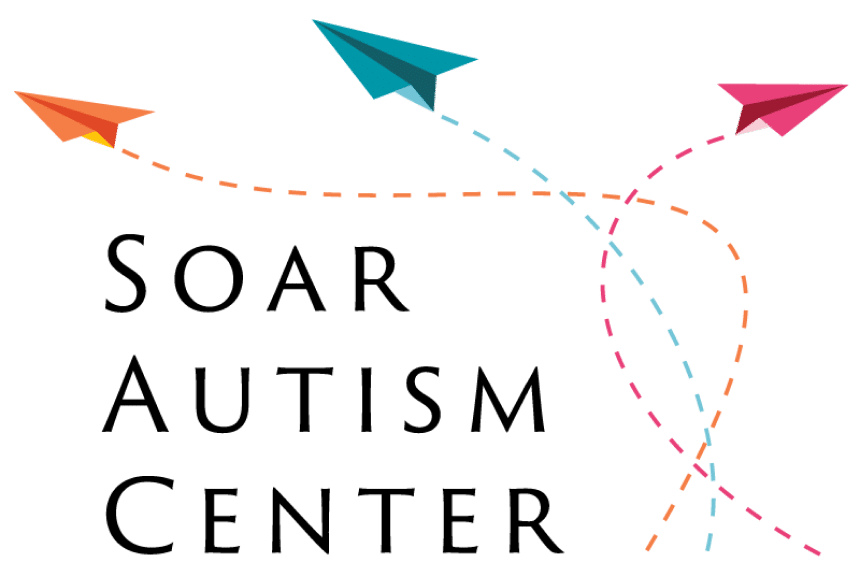Providers on Soar’s Integrated Autism Care Team
Care for young children with autism often involves several different types of providers. In an integrated care model, like Soar’s, there are five types of providers you may come across. This video offers a snapshot of each provider’s role.
Who are the types of providers on your child’s autism care team?
Across the different evidence-based modalities for autism care, you’ll encounter a wide variety of clinicians. Here are the most common providers and the different roles they play on your child’s care team:
| Dimension | Common Abbreviation | What they do | Background/ Education | Additional details |
| Board-Certified Behavior Analyst | BCBA | Supervise clinical care plans for children with autism
Typically oversee a team of RBTs (see below) and provide direct therapy to children
Provide family treatment guidance to caregivers to support generalization from therapy environment |
Typically a Master’s degree, sometimes a doctorate (called a BCBA-D)
Extensive training in principles of ABA and development of care plans for children with autism
Completion of supervised practicum experience by a BCBA
Must pass a certification exam from the Behavior Analyst Certification Board (BACB) and maintain certification requirements |
Certified in naturalistic models of ABA (e.g., ESDM) typically requires additional training and supervision |
| Registered Behavior Technician | RBT | Work under the supervision of a BCBA
Work 1:1 with a child with autism based on a BCBA’s care plan, carrying out the principles of ABA |
Minimum requirements are a high-school diploma, completion of 40- hour training, and a passing score on both a competency assessment and BACB RBT exam | Some providers also require additional background or experience for RBTs (e.g., a college degree)
Supervision from a BCBA is required to maintain certification |
| Speech-Language Pathologist | SLP | Help children with autism develop communication and socialization skills
Help with assistive communication devices like AAC (augmentative and alternative communication) |
Typically a Master’s degree from an accredited program, sometimes a doctorate
Must pass a credentialing and licensing exam |
|
| Occupational Therapist | OT | Help children with autism improve sensory processing and support self-care and daily living skills (e.g., getting dressed)
Can assist with fine motor and gross motor delays |
Typically a Master’s degree from an accredited program, sometimes a doctorate
Must pass a credentialing and licensing exam |
|
| Psychologist | Diagnose children with autism using common assessments (e.g., ADOS-2)
Provide therapy services to children, parents, and siblings |
Typically a doctorate (PhD)
Must pass a licensing exam |
||
| Developmental Behavioral Pediatrician, or Pediatric Neurologist | DBP | Physicians with specialty training in the diagnosis and management of children with developmental delays, including medication if indicated | Medical degree (MD), residency training, and fellowship training in developmental pediatrics (for DBPs) |
At Soar Autism Center we offer these providers under one roof on an integrated, coordinated team that works together for your child.





